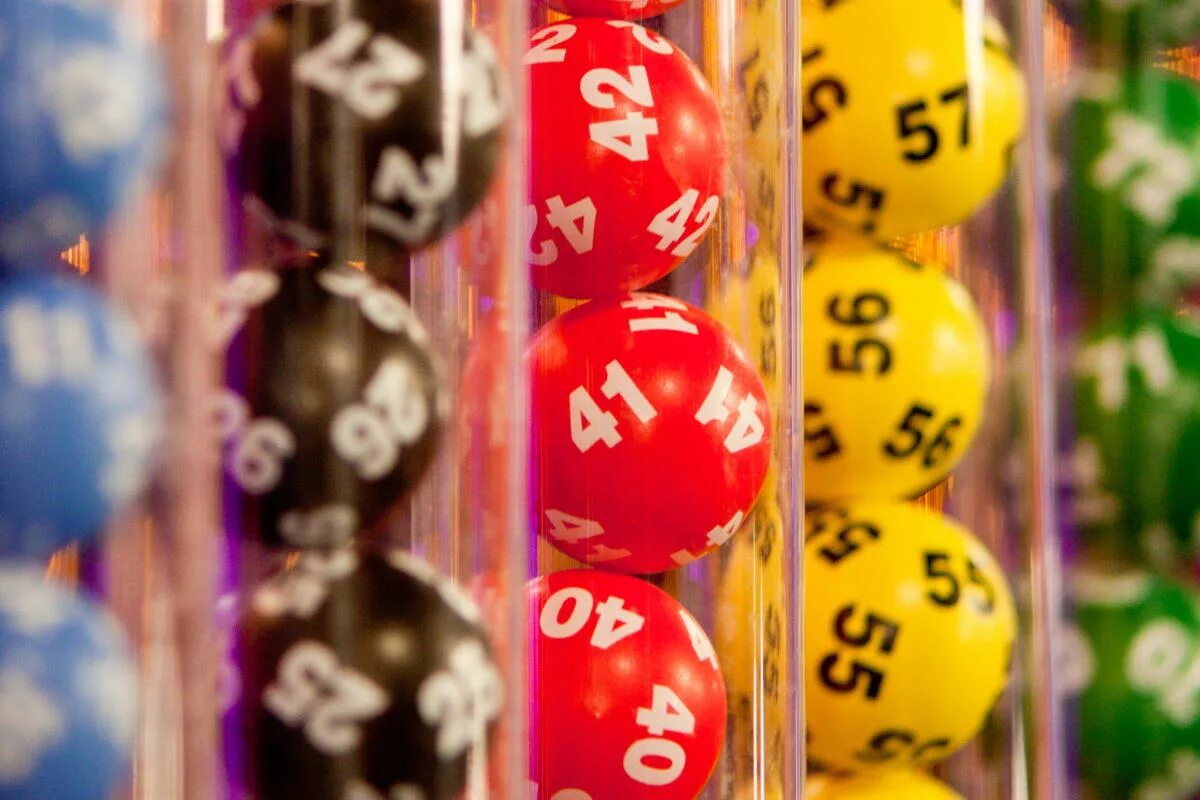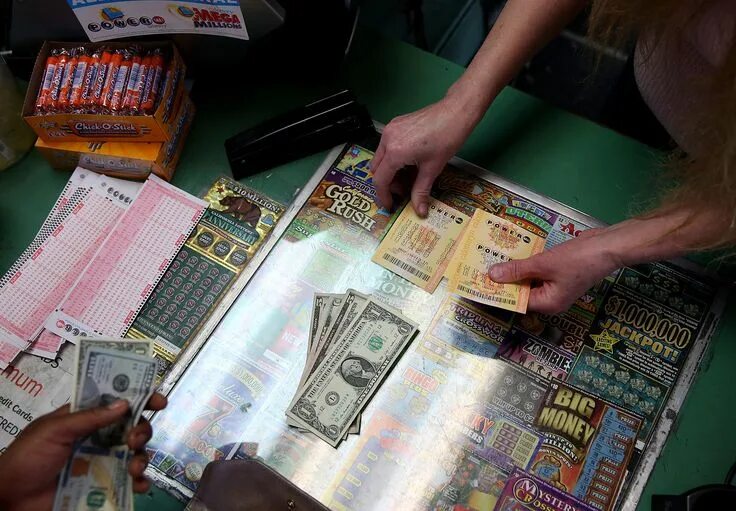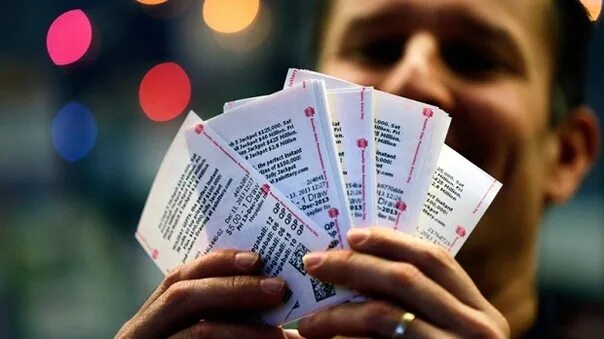Lotteries have always attracted people with the possibility of quick wealth without significant effort. However, scammers skillfully exploit excitement and trust by organizing lottery scams, fake lottery tickets, and prize frauds. They create schemes where the victim receives false notifications of winnings and is forced to pay for their «receipt».
Lottery fraud takes various forms, but the goal is always the same — to extract money. To avoid falling for a lottery scam, it is important to understand how scammers operate and what signs indicate deception.
How Fraudulent Lotteries Operate
Lottery scams are based on a simple principle: the victim is informed of a large win and required to fulfill certain conditions to receive the prize. Scammers use various methods of deception, but most often the scheme involves several stages:
1. Contacting the Victim
- Scammers send emails, SMS, or make calls pretending to be lottery organizers.
- They notify about a big win, even if the person did not participate in a draw.
2. Creating an Illusion of Legality
- They use logos of well-known companies, forge documents, websites, and forms.
- They refer to non-existent laws and bank requirements.
3. Extracting Money
- They demand payment of a «tax», «commission» for transfer, or «insurance» for identity confirmation.
- After receiving the first amount, they might invent new «necessary» payments.
4. Disappearance
- Once the scammers get the money, they cease contact and block the victim.

Popular Lottery Scam Schemes
Lottery scams can disguise themselves in various formats. Among the most common schemes:
1.Fake Winning Letters
Messages come from supposedly well-known lottery operators like «EuroMillions» or «Powerball».
The letter contains information about a large win and a request to contact the «organizers».
2.Fake Lottery Tickets
Sold online or in person, but have nothing to do with real lotteries.
When attempting to cash the «winnings», the owner is informed that the ticket is fake.
3. Lottery Payout Scams
A person is offered «help» in obtaining a large win for a certain percentage.
In the end, the victim transfers money to the scammers but never receives the promised prize.
4.Prize Frauds on Social Media
Fake accounts of well-known companies hold «lotteries» where winners are selected randomly.
To receive the prize, a «delivery» or «tax» needs to be paid, after which the organizers disappear.
5.Fraudulent Lottery Websites
They look real, but after purchasing a ticket, the participant either doesn't receive it or cannot withdraw the winnings.
6.Fake Mobile Apps
Apps disguise themselves as official lottery services.
After entering banking details, scammers withdraw money.
7.Charity Lottery Scams
They offer to buy tickets, assuring that part of the funds will go to help those in need.
In reality, there is no draw or charity.

How to Avoid Lottery Scams
To avoid becoming a victim of gambling fraud, it is worth following these recommendations:
1.Verify Information
Real lottery organizers do not notify of winnings by phone or email.
Official draws always publish results on verified platforms.
2.Do Not Pay to Receive Winnings
Any prepayments, commissions, and insurance fees — a clear sign of fraud.
In legal lotteries, taxes and fees are deducted from the winnings, not paid in advance.
3.Play Only Through Official Sources
Buy tickets only from verified operators with a license.
Lotteries requiring pre-registration with banking details need additional verification.
4.Read Reviews
If the lottery is unknown, it is worth looking for information about it on independent sites.
Negative comments and complaints may indicate fraud.
5.Do Not Believe in Too Easy Wins
If a prize notification comes unexpectedly, it is most likely a scam.
It is important to remember: it is impossible to win a lottery in which you did not participate.

Conclusion
Lottery scams remain one of the most common types of fraud. Scammers use psychological manipulation, fake documents, and promises of easy profit to make victims transfer money.
Main schemes include fake winning letters, fake tickets, lottery payout scams, and prize frauds on social networks. In recent years, scammers increasingly use messengers, social networks, and mobile apps for mass distribution of false winning notifications.
To avoid deception, it is important to verify information, not send money to scammers, and only use official lotteries. Awareness and vigilance will help preserve not only finances but also confidence in the honesty of real lottery draws.



